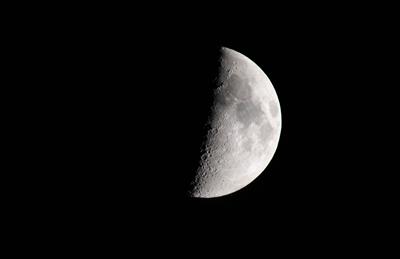
PUMPA - SMART LEARNING
எங்கள் ஆசிரியர்களுடன் 1-ஆன்-1 ஆலோசனை நேரத்தைப் பெறுங்கள். டாப்பர் ஆவதற்கு நாங்கள் பயிற்சி அளிப்போம்
Book Free Demo“What is it?” I asked in bewilderment, and John answered, “Christmas trees!”
And so it was. The Germans had placed Christmas trees in front of their trenches, lit by candle or lantern, like beacons of goodwill.
And then we heard them singing.
Stille nacht, heilige nacht...
This carol may not yet be familiar to us in Britain, but John knew it and translated: “Silent Night, Holy Night.” I’ve never heard one lovelier – or more meaningful, in that quiet, clear night, its darkness softened by a first – quarter moon. When the song finished, the men in our trenches applauded. Yes, British soldiers applauded Germans! Then one of our own men started singing, and we all joined in.
The first Nowell, the angel did say ...
In truth, we sounded not nearly as good as the Germans, with their fine harmonies. But they responded with enthusiastic applause of their own and then began another.
The British soldiers were unfamiliar with the carol song when they heard it. But John was well-versed in the song and translated it into English for the British soldiers. John says that Stille Nacht's Heilige Nacht means "Silent Night, Holy Night."
| Lines | German | English translation |
| 1 | Stille Nacht, heilige Nacht! | Silent night, holy night! |
| 2 | Alles schläft, einsam wacht | All is asleep, only the faithful, |
| 3 | Nur das traute, hochheilige Paar. | Most holy couple is awake. |
| 4 | Holder Knabe im lockigen Haar, | Gentle boy with curly hair, |
| 5 | Schlaf in himmlischer Ruh, | Sleep in heavenly peace, |
| 6 | Schlaf in himmlischer Ruh. | Sleep in heavenly peace. |
After hearing the song, the British soldier said that in that quiet, pure night, its darkness lightened by a first-quarter moon, he hadn’t heard such meaningful and lovely song.

First quarter moon
The men in the British group complimented the Germans when they stopped singing the carol. They applauded them. Despite being on opposing teams, they enjoyed the Germans’ lovely music due to the light music and the peaceful Christmas night. On the border, they’ve never heard such light music before. Later, one of the British team members began singing a song, and the rest of the team joined in. They sang “The first Nowell, the angel did say ...” in chorus, and then the British soldier said that, in reality, they didn’t sing well as the Germans did. The Germans were known for their outstanding harmonies. The phrase “harmony” refers to a pleasing musical sound created by multiple notes being played or sung simultaneously. The Germans then responded with their loud clapping and began singing another carol. They sang "O Tannenbaum, O Tannenbaum..."
| S.No | Words | Meanings |
1 | Cluster | A group of similar things or people positioned or occurring closely together |
2 | Candle | A cylinder or block of wax or tallow with a central wick which is lit to produce light as it burns |
3 | Lantern | A light inside a container that has a handle for holding it or hanging it up, or the container itself |
4 | Beacon | A fire or light set up in a high or prominent position as a warning, signal, or celebration |
5 | Goodwill | Friendly, helpful, or cooperative feelings or attitude |
6 | Applaud | Show approval or praise by clapping |
7 | Harmony | The combination of simultaneously sounded musical notes to produce a pleasing effect |